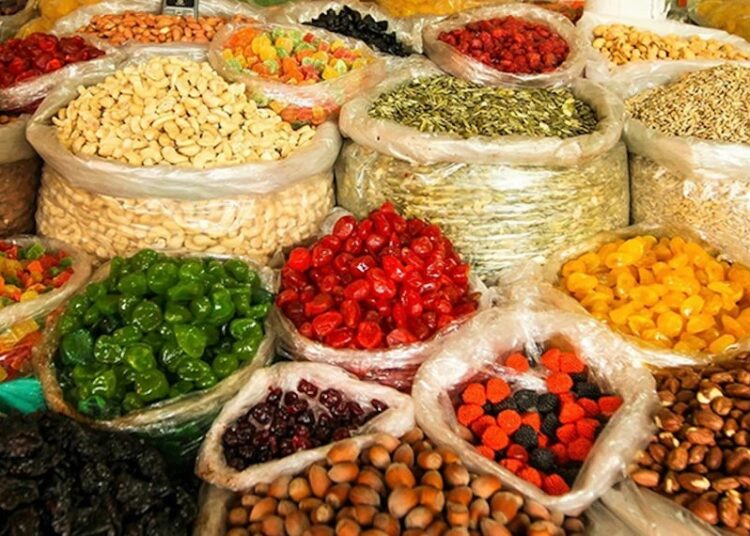An Abuja-based think tank, Pol Eco Analytics, has flayed the federal government’s decision to suspend taxes for importation of some select food, saying that it is not strategic even though it is a short- to medium-term action.
This is even as the research organisation called on federal and state governments to holistically embrace food production amidst what it called the country’s sky-rocketing food inflation.
The federal government recently suspended duties, tariffs, and taxes on some essential food items imported through land and sea borders.
But in a statement made available to LEADERSHIP yesterday in Abuja and signed by the organisation’s lead researcher and policy analyst, Adefolarin Olamilekan, he said the current situation in Nigeria is particularly worrisome as many households are experiencing catastrophic hunger.
According to him, under the current administration, millions of Nigerians are struggling to keep up with soaring food prices, even as the majority of them have not benefited from palliative distribution at the state and local government level; rather, poor Nigerians have shown resilience and patience.
He said the situation is such that prices of major staple grains, food, and beverages continue to rise daily in the country by above 200 percent.
“Regrettably, economic challenges such as insecurity, the high cost of transportation, naira depreciation, soaring inflation, an energy deficit, storage inadequacy, and the high cost of fertiliser and other farm inputs have worsened the food crisis, affecting ordinary people across Nigeria.
“Although naira depreciation in the last six months, alongside fuel and transport costs, is a major driver of price volatility in Nigeria, the federal government’s recourse to food imports is not strategic, even though it is a short – to medium-term action with 150 days of duty-free on imported food like wheat and maize,” he said.
The expert said the federal government needs to be worried about the impact of depending on food importation to meet the population’s food needs, including the danger on naira stability in the face of foreign exchange, even as the nation struggles with major fiscal constraints and macroeconomic challenges.
He said, “To make a lasting difference in food security in Nigeria, the government needs to look beyond food importation and duty-free essentials in response to the increasingly high price of food.











